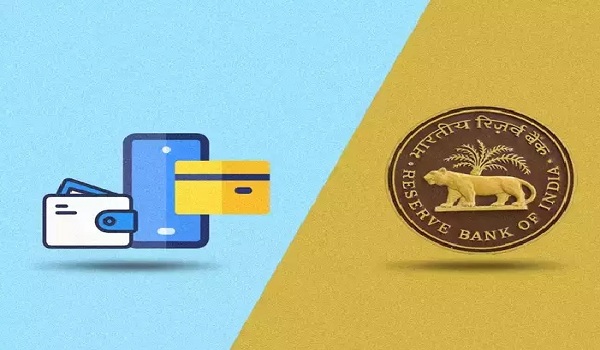Centre for Advanced Financial Research and Learning (CAFRAL), a research body set up by the Reserve Bank of India (RBI), has highlighted a growing risk in bank financing for Non-Banking Finance Companies (NBFCs) and identifies potential dangers in the digital lending landscape. Also, CAFRAL also warned about fake/illegitimate lending apps gathering personal data, posing potential misuse and safety risks for users.
Major Concerns Raised by CAFRAL
Interdependency Risks in NBFC Sector
- CAFRAL observed that banks mostly lend to bigger NBFCs, leading to increased cross-lending within the NBFC sector.
- This creates a network of inter-dependencies and contagion channels that can amplify shocks and transmit them across the system.
- For example, the default of IL&FS in 2018 and DHFL collapse in June 2019, triggered a liquidity crisis and a loss of confidence in the NBFC sector, affecting the asset quality and profitability of banks that had lent to them.
Impact of Contractionary Monetary Policy on NBFCs
- CAFRAL also found that contractionary monetary policy leads to risk build-up in NBFCs’ portfolios.
- When the RBI tightens the policy rate, NBFCs face higher borrowing costs and lower profitability.
- To maintain their margins, they tend to shift their lending to riskier segments such as unsecured loans, subprime borrowers, etc. They also increase their exposure to capital markets by investing in equities and mutual funds.
- These strategies expose them to higher credit risk, market risk, and liquidity risk, which can affect their solvency and stability.
Warnings About Illicit Lending Apps and Fintech Impact
- It also warns about fake/illegal digital lending apps, pretending to be legitimate and gathering personal data for potential misuse.
- Users can not easily verify the legality of these apps. There are concerns about potential losses from online lending affecting traditional banking if linkages between these sectors grow stronger.
- These apps often request extensive personal information, posing risks to consumer safety and privacy, although some data may be genuinely necessary.
- FinTech has increased product diversity, with around 1100 lending apps available for Indian Android users across 80 app stores.
NBFCs
- An NBFC, registered under the Companies Act, 1956, engages in various financial activities such as loans, investments in securities, leasing, insurance.
- It excludes institutions whose primary business falls under agriculture, industry, goods trading, services, or immovable property trading.
- When over 50% of a company’s assets are financial assets and more than 50% of its income is derived from these financial assets, it indicates the company’s primary involvement in financial activities.
- Companies meeting both criteria are registered as NBFCs by the RBI.
- The Reserve Bank has been given the powers under the RBI Act 1934 to register, lay down policy, issue directions, inspect, regulate, supervise and exercise surveillance over these NBFCs.

